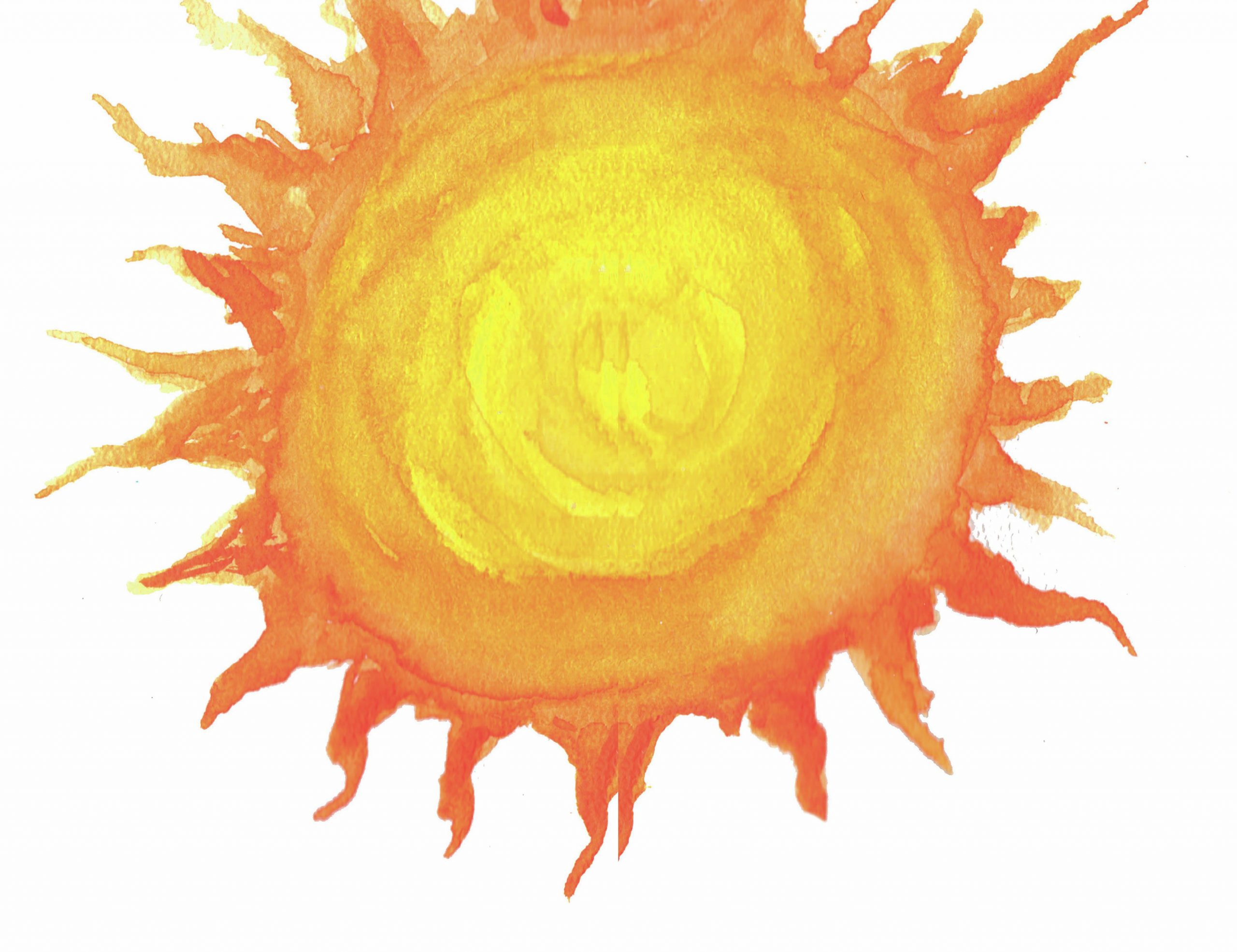
Donne’s poems can feel like a battleground of conflicting ideas. In 1543 the Polish astronomer Copernicus first challenged the traditional ancient Greek theory that the Sun revolves around the Earth. Rome was still vigorously repressing such ideas in Donne’s lifetime. His poem ‘The Sun Rising’ plays with conflicting views of the Sun’s place in the universe: ‘Shine here to us, and thou art everywhere; / This bed thy centre is, these walls thy sphere.’ He pictures the whole universe contracted into the lovers’ bedroom.
Donne’s metaphysical conceits often enact the intellectual possibilities of new and old ways of thinking concurrently. In ‘The Relic’, a ‘bracelet of bright hair’ round a dead bone (like the relic of a saint that a Catholic would venerate) becomes a memorial to secular, earthly devotion. Lingering memories of the old order made such conjunctions shocking and exciting.
Your organisation does not have access to this article.
Sign up today to give your students the edge they need to achieve their best grades with subject expertise
Subscribe




